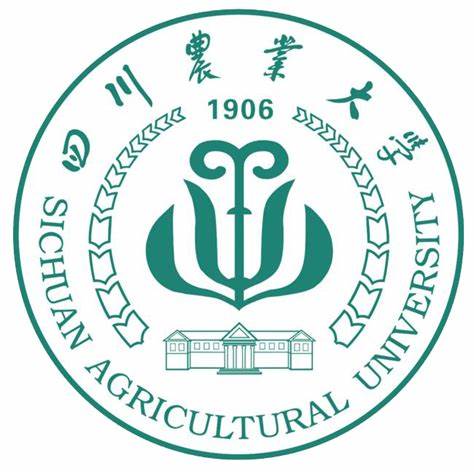Development and identification of new synthetic T. turgidum–T. monococcumamphiploids
作者: 审稿人:刘宇娇 时间: 2018-12-24 点击次数:次
https://doi.org/10.1017/S1479262118000175
Hongyu Li , Xiaojuan Liu , Minghu Zhang , Zhen Feng Dengcai Liu Michael Ayliffe Ming Hao Shunzong Ning Zhongwei Yuan Zehong Yan Xuejiao Chen Lianquan Zhang
Abstract
Triticum monococcum ssp. monococcum has useful traits for bread wheat improvement. The synthesis of Triticum turgidum–T. monococcum amphiploids is an essential step for transferring genes from T. monococcum into bread wheat. In this study, 264 wide hybridization combinations were done by crossing 60 T. turgidum lines belonging to five subspecies with 83 T. monococcum accessions. Without embryo rescue and hormone treatment, from the 10,810 florets pollinated, 1983 seeds were obtained, with a mean crossability of 18.34% (range 0–89.29%). Many hybrid seeds (90.73%, 923/1017) could germinate and produce plants. A total of 56 new amphiploids (AABBAmAm) were produced by colchicine treatment of T. turgidum × T. monococcum F1 hybrids. The chromosome constitution of amphiploids was characterized by fluorescence in situ hybridization using oligonucleotides probes with different chromosome and sub-chromosome specificities. Sodium dodecyl sulphate polyacrylamide gel electrophoresis analysis indicated that the Glu-A1m-b, Glu-A1m-c, Glu-A1m-d and Glu-A1m-h proteins of T. monococcum were expressed in some amphiploids. Despite resistance reduction in several cases, 45 out of 56 amphiploids exhibited resistance to the current predominant Chinese stripe rust races at both the seedling and adult plant stage. These novel amphiploids provide new germplasm for the potential improvement of bread wheat quality and stripe rust resistance.


